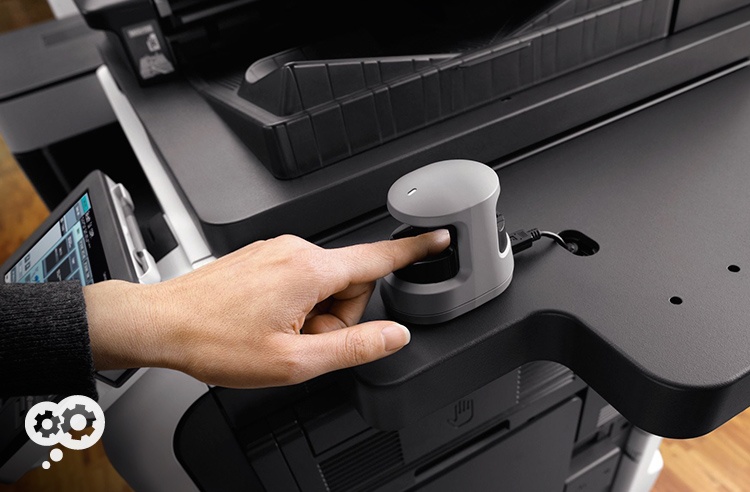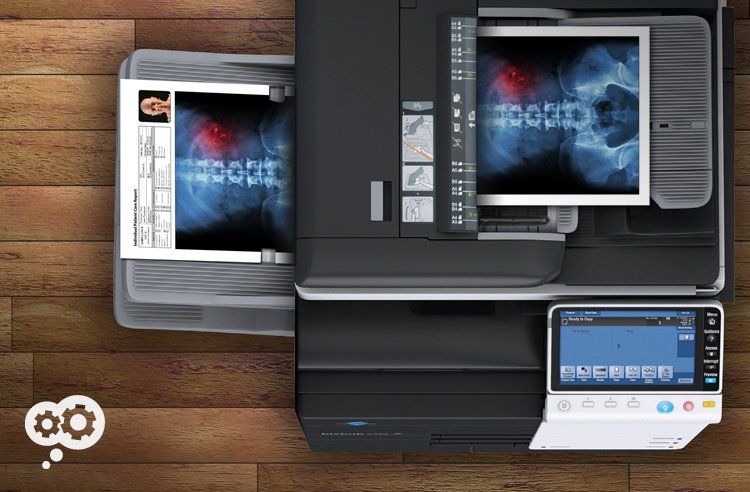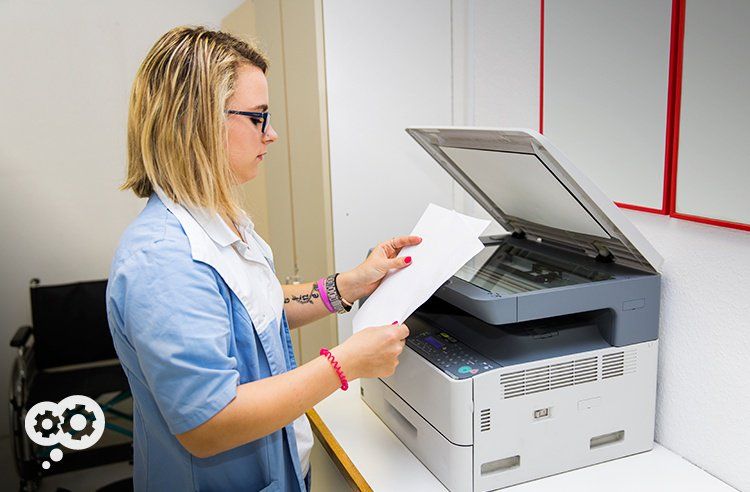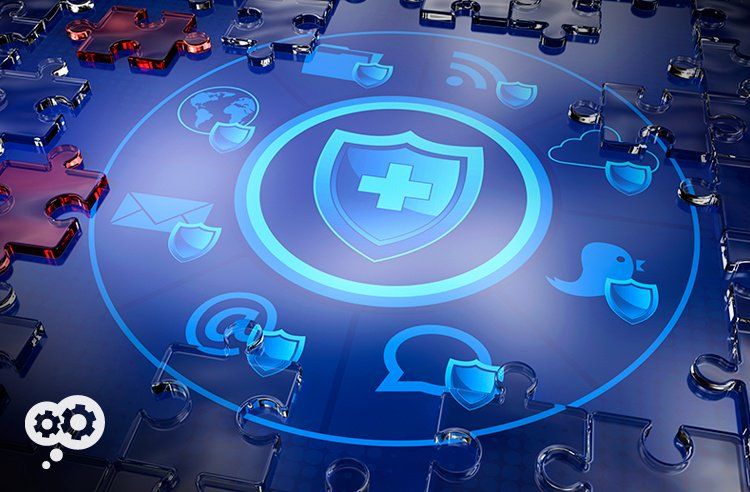You have to include your copier in your HIPAA-compliance planning. Biometrics and HID cards can be used to reduce risk of information going astray.
Twenty years have passed since the Health Insurance Portability and Accountability Act of 1996 (HIPAA) became federal law. By now, you are probably familiar with HIPAA's requirements to protect your patients' health information and have implemented various security measures to keep that data private. But there's one area you might have overlooked in your risk analysis: the copy machine. Learn about the possible security risks posed by your office copier and ways to minimize those risks.










